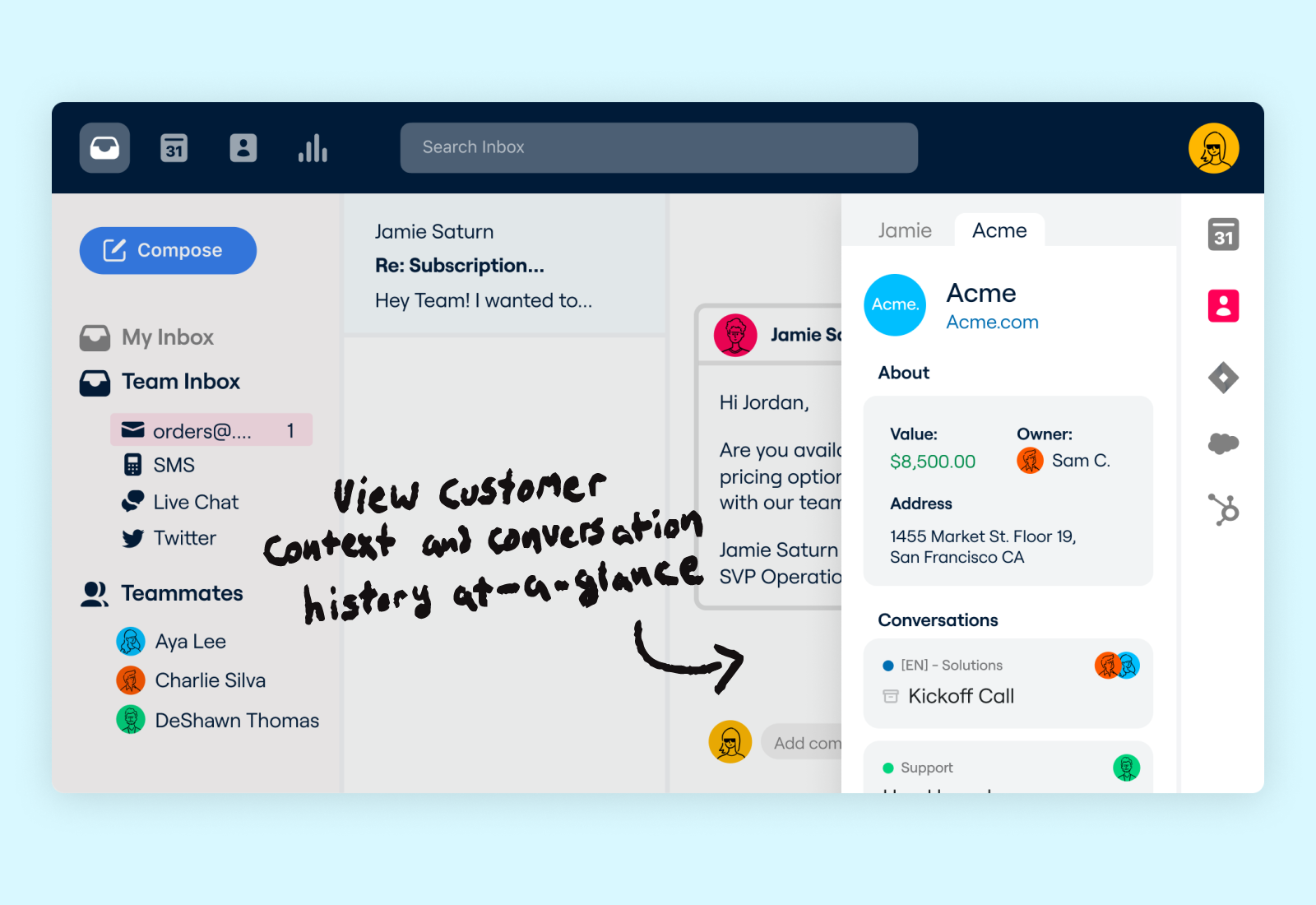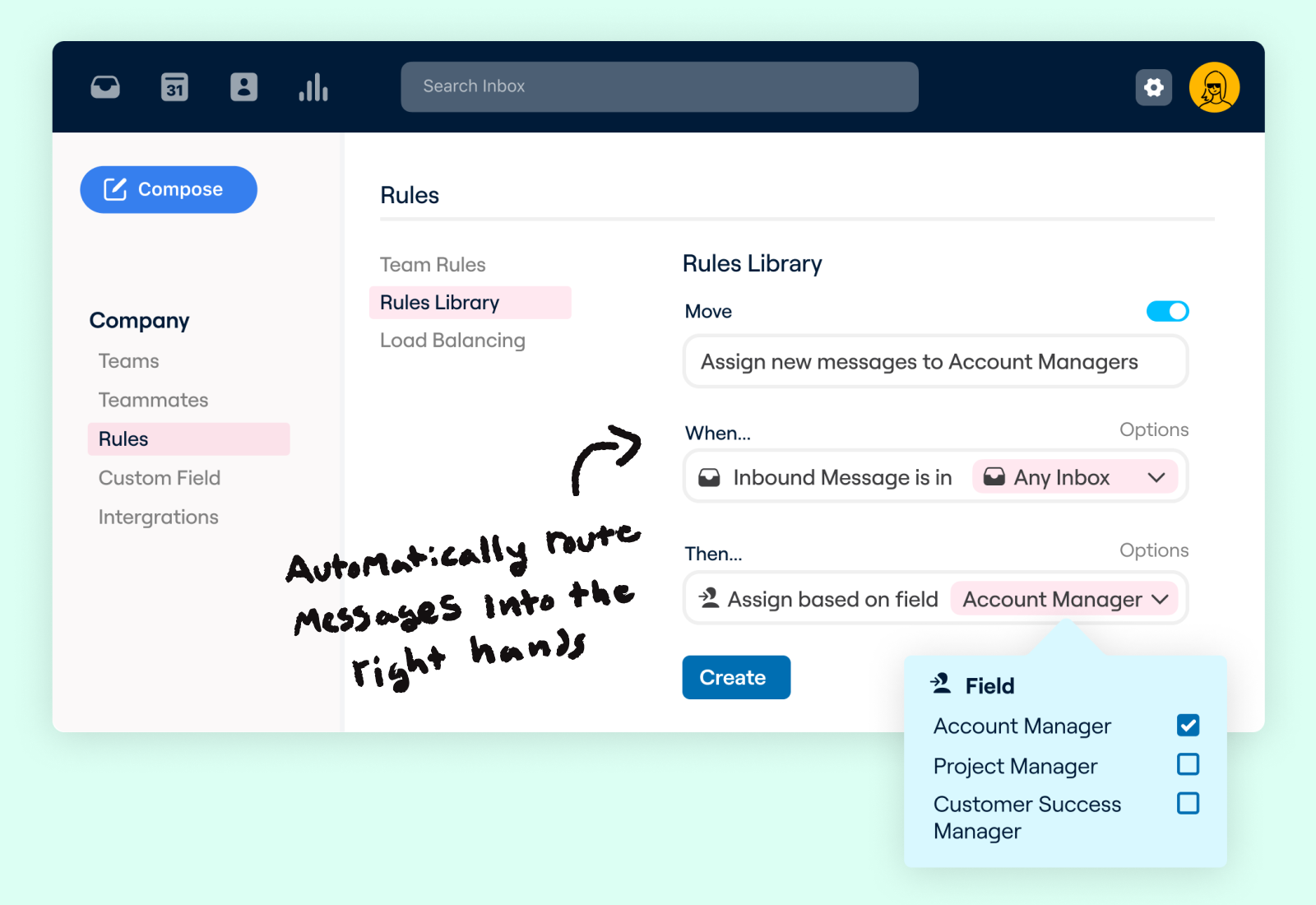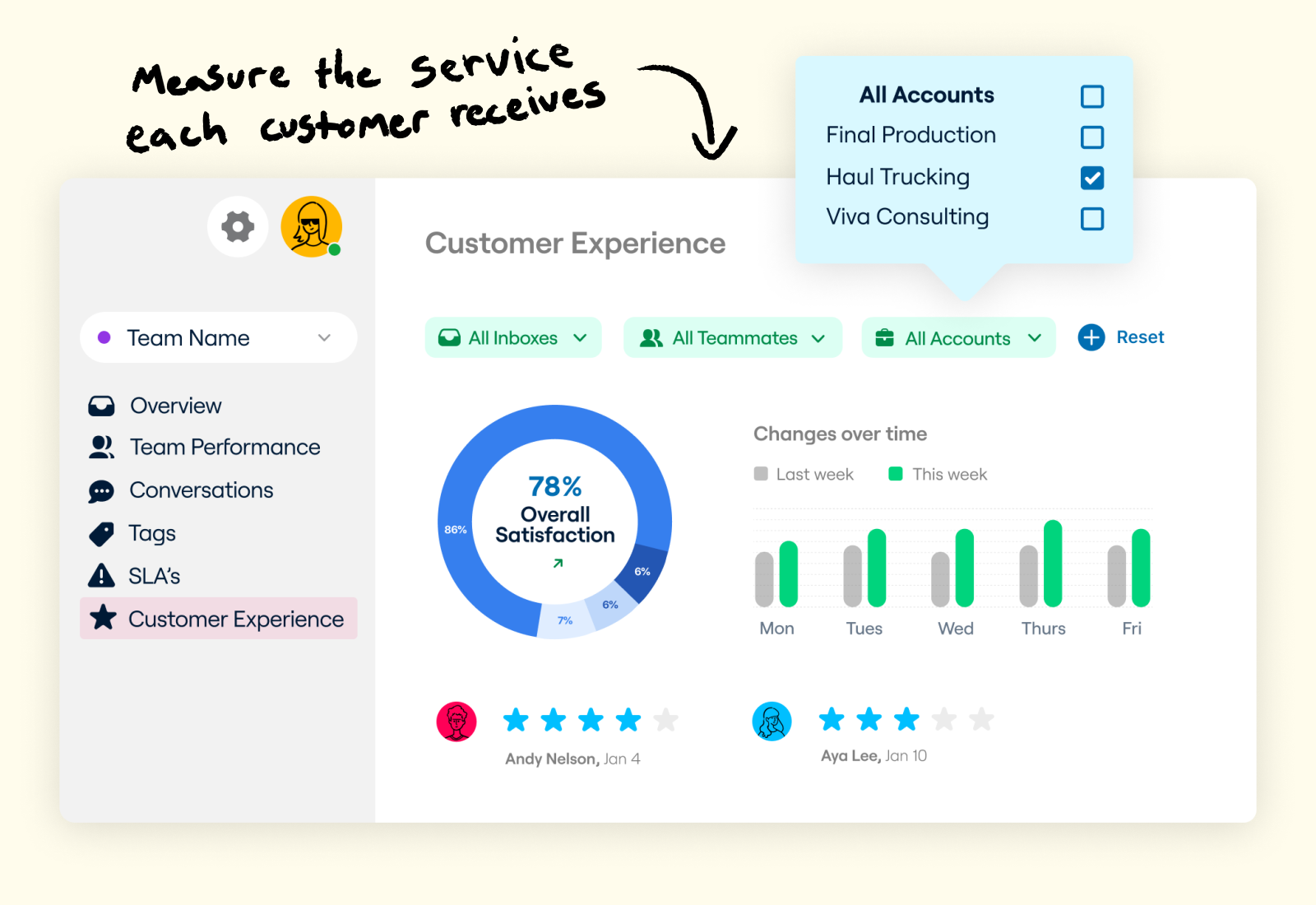News: OpenSea admits incident as top exec is accused of trading NFTs on insider information
The “eBay of NFTs” is running into a scandal as it admits one of its employees traded the crypto digital assets using insider information from the platform. Yesterday, a top executive at NFT platform OpenSea was accused of front-running sales on the platform, purchasing pieces from NFT collections before they were featured on the homepage
The “eBay of NFTs” is running into a scandal as it admits one of its employees traded the crypto digital assets using insider information from the platform.
Yesterday, a top executive at NFT platform OpenSea was accused of front-running sales on the platform, purchasing pieces from NFT collections before they were featured on the homepage of the platform. According to Twitter user @ZuwuTV, the startup’s Head of Product was using secret crypto wallets to buy drops before they listed on the main page of OpenSea, selling them shortly after they were highlighted publicly by OpenSea, and funneling the profits back to his main account. Users linked to a handful of transactions from accounts linked back to the executive on the public blockchain including an NFT drop that was, at the time, actively listed on the front page of the platform.
Hey @opensea why does it appear @natechastain has a few secret wallets that appears to buy your front page drops before they are listed, then sells them shortly after the front-page-hype spike for profits, and then tumbles them back to his main wallet with his punk on it?
— Zuwu
(@ZuwuTV) September 14, 2021
Today, OpenSea seemed to acknowledge the incident, saying in a blog post that it had “learned that one of our employees purchased items that they knew were set to display on our front page before they appeared there publicly.” The company did not identify the employee but said that they were conducting an “immediate” review of the incident. The startup, which was recently valued at $1.5 billion after raising a $100 million Series B from Andreessen Horowitz, added in the unsigned blog post that this incident was “incredibly disappointing.”
“We’re conducting a thorough review of yesterday’s incident and are committed to doing the right thing for OpenSea users,” OpenSea CEO Devin Finzer said in a tweet.
OpenSea, which did a record $3.4 billion in transaction volume last month, appears not to have had any rules in places preventing employees from using confidential information to buy or sell NFTs on its own platform to its own users. The company detailed that it was now implementing a policy that team members could not buy or sell “from collections or creators while we are featuring or promoting them,” and that they are “prohibited from using confidential information to purchase or sell any NFTs, whether available on the OpenSea platform or not.”
Most NFTs are not generally assumed to be securities, despite little official guidance from the SEC on the crypto asset class. Some in the space have questioned whether different mechanics around buying and selling, alongside ongoing rewards structures may be pushing some NFT sales further into securities territory.
“Many have been enticed by dramatic jumps in the value of new digital assets,” Senate Banking Committee Chairman Sherrod Brown said in a hearing yesterday — as transcribed by The Block — where the relationship between crypto markets and SEC enforcement was discussed. “Some professional investors and celebrities make earning millions look easy. But, as we are reminded time and again, it’s never that simple – and too often, someone’s quick profit comes at the expense of workers and entire communities.”
We’ve reached out to OpenSea for further comment.














